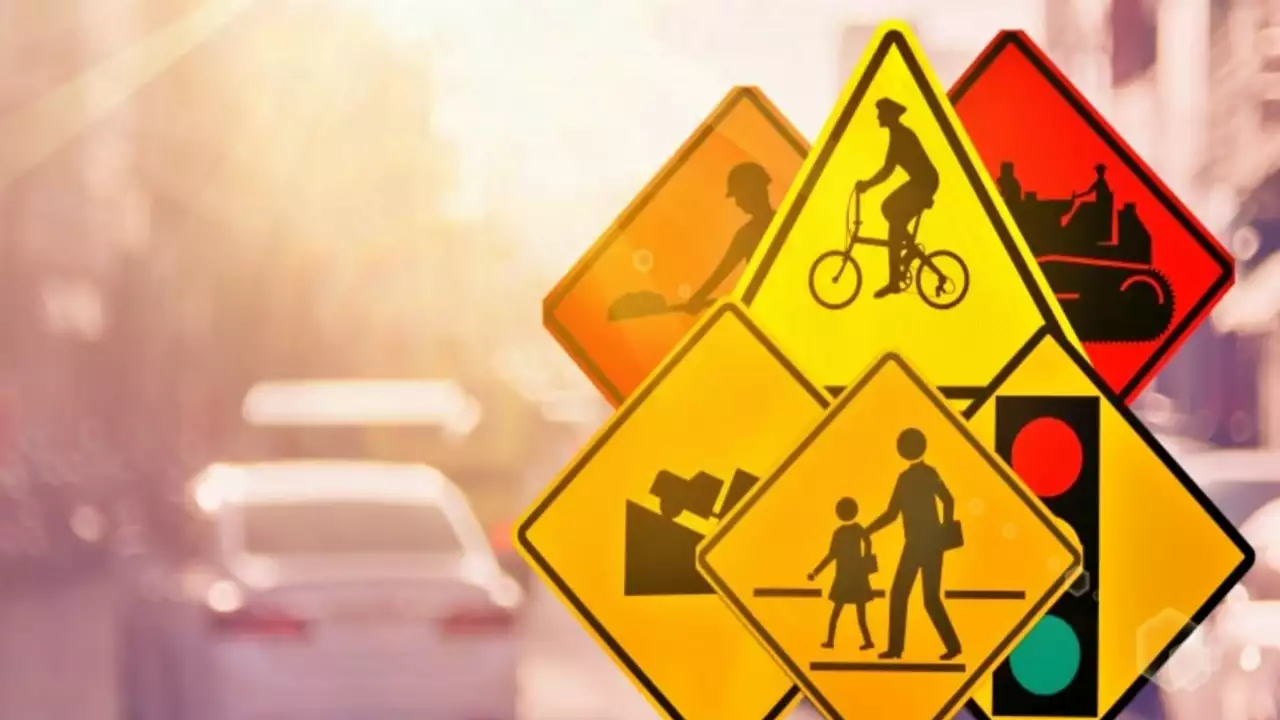Legal consequences: clear risks and simple steps to stay safe
You see a viral film, think about starting a YouTube news channel, or consider buying an assignment online — those choices can bring legal trouble if you don’t know the rules. This page breaks down the common legal consequences people face in India and gives plain, practical steps you can take right now to reduce risk.
Common legal risks you should watch for
Defamation: Saying or publishing false statements that harm someone’s reputation can lead to civil suits and criminal charges under sections like 499–500 of the IPC. Even online videos and posts can trigger complaints. If you report news, check facts and keep records.
Copyright and plagiarism: Using someone else’s photos, videos, music or written work without permission can lead to takedown notices, fines, and damages under the Copyright Act. Buying assignments and passing them off as your own can be both academic fraud and a copyright issue for the original author.
Obscenity and public decency: Private, consensual acts between adults are largely decriminalized, but public indecency, obscene publications or content that offends public morality can attract IPC sections on obscenity or public nuisance.
Hate speech and communal laws: Content that promotes enmity between groups, or incites violence, can lead to criminal charges under sections like 153A and related provisions. Watch your wording when covering sensitive history or politics.
Cybercrime and fraud: Scams, fake payment requests, and phishing are criminal. If you buy services online, beware low-cost offers that promise unrealistic results — they often end in fraud. Keep records of transactions and payment receipts.
Practical steps to avoid trouble and act fast if something goes wrong
Verify and document: Before publishing or sharing news, verify facts. Save source links, emails, raw footage and receipts. If you run a channel, keep an edit log and consent forms for interviews.
Respect copyrights: Use licensed music and images, or use royalty-free assets with proper attribution. If you hire writers, get a written agreement that assigns rights to you.
Follow platform and legal rules: Online news publishers in India must follow IT rules and platform policies. You don’t need a TV broadcast license to start a YouTube channel, but you do need to follow digital regulations, copyright law, defamation rules, and any self-classification or grievance requirements that apply.
Handle disputes calmly: If someone accuses you, respond professionally. Remove or correct content if it’s wrong, and keep a copy of the old version. For scams or fraud, file a complaint with the cybercrime cell, contact your bank, and report to consumer forums.
Get professional help: When stakes are high — legal notices, police complaints, or big defamation claims — consult a lawyer. A quick legal opinion can save you time, money and reputation.
Small steps prevent big headaches. Check facts, respect rights, document everything, and act fast if a problem starts. If you want, I can draft a short checklist tailored to your situation — running a channel, publishing a review, or buying services online. Which one do you need?
What are laws for hit and run in india?
In India, the laws surrounding hit and run cases are quite serious. If a driver flees the scene after causing an accident, they can be heavily penalized under the Motor Vehicles Act of 1988. This can lead to imprisonment of up to two years, or a fine, or both. Additionally, the court can also suspend the driver's license. It's extremely important to stay at the scene if you're involved in an accident, to avoid these harsh consequences.
